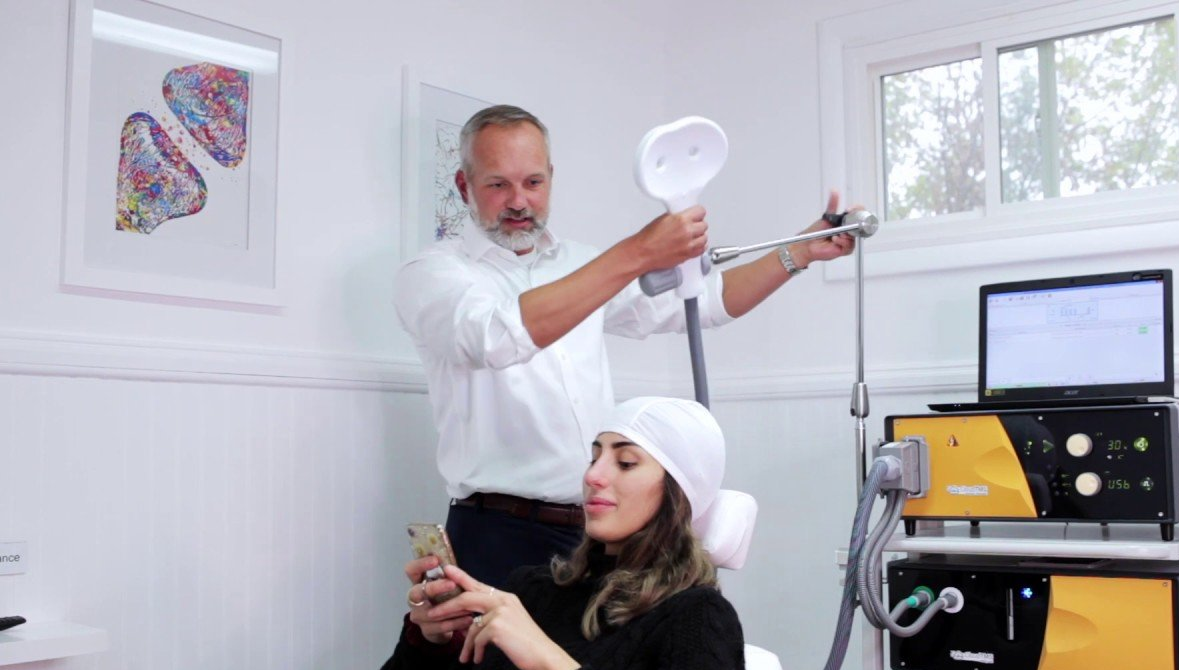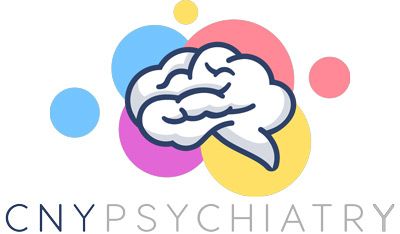CNY TMS MAKES THE REFERRAL PROCESS SEAMLESS
SIMPLY CLICK BELOW, COMPLETE THE ONLINE FORM, AND WE'LL DO THE REST.
CNY TMS serves as an extension to your practice. We specialize in treating stubborn conditions that are resistant to medications and psychotherapy. Once your patient has completed their TMS, we'll refer the patient back to you for continued follow-up and care, and will send you the results of their TMS treatment.
CONTACT CNY PSYCHIATRY
CURIOUS ABOUT TMS THERAPY?
Schedule a visit with us to learn more about how TMS works.
JUST HAVE QUESTIONS ABOUT HOW TMS WORKS?
We'd love to answer your questions. Just schedule a call with Dr. Stepkovitch.
WOULD YOU LIKE INFORMATION ABOUT TMS FOR YOUR PATIENTS?
Just send us your request and we'll send it over.
CONDITIONS TREATED AT CNY TMS

TMS therapy is covered by insurance for adult patients with a diagnosis of major depressive disorder who have not responded satisfactorily to antidepressant medications. Each insurance has their own set of guidelines in order for TMS to be covered. Below is the minimum criteria for the majority of payers:
- A documented diagnosis of MDD, severe, without psychosis (CPT Codes F33.2 or F32.2)
- Documentation of (2) or more antidepressant medication trials at maximum doses
- Documented history of psychotherapy trial
CNY TMS also treats a number of conditions not yet covered by insurance where there is strong research that shows transcranial magnetic stimulation as an effective treatment option. These conditions include:
- ADHD
- Generalized anxiety disorder
- Bipolar disorder
- Borderline personality disorder
- Alzheimer's disease
For more information about transcranial magnetic stimulation (TMS) research, please refer to links below.
01
TMS for ADHD
Unfortunately, nearly one third of patients with ADHD do not respond to traditional forms of treatment. TMS has shown to alter abnormal prefrontal cortex activity.
02
TMS FOR ANXIETY
Learn more about the efficacy of TMS as a viable treatment option for other neuropsychiatric conditions, such an anxiety and trauma-related disorders.
03
EFFICACY OF TMS
Growing evidence supports the use of TMS therapy for a number of neuropsychiatric conditions, and has been shown to be a safe and effective treatment option,.
04
TMS FOR ALZHEIMER'S
Current treatments to AD patients offer limited symptomatic relief. Significant research suggests TMS to be an effective treatment option for cognitive decline.
05
TMS FOR BIPOLAR DO
BD is linked to 2% of our population and is accompanied by high rates of suicide. BD demands effective treatment, but not all patients respond to medications.
06
TMS FOR BPD
BPD affects nearly 6% of our adult population and BPD can be difficult to treat. Research has shown a positive link between TMS and BPD.

